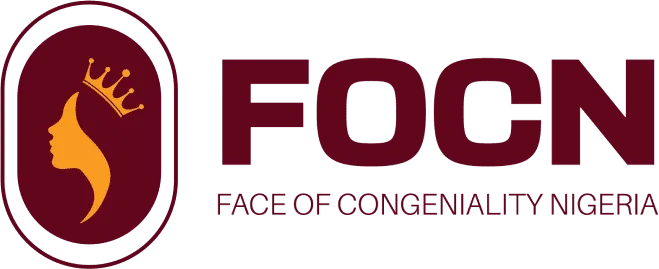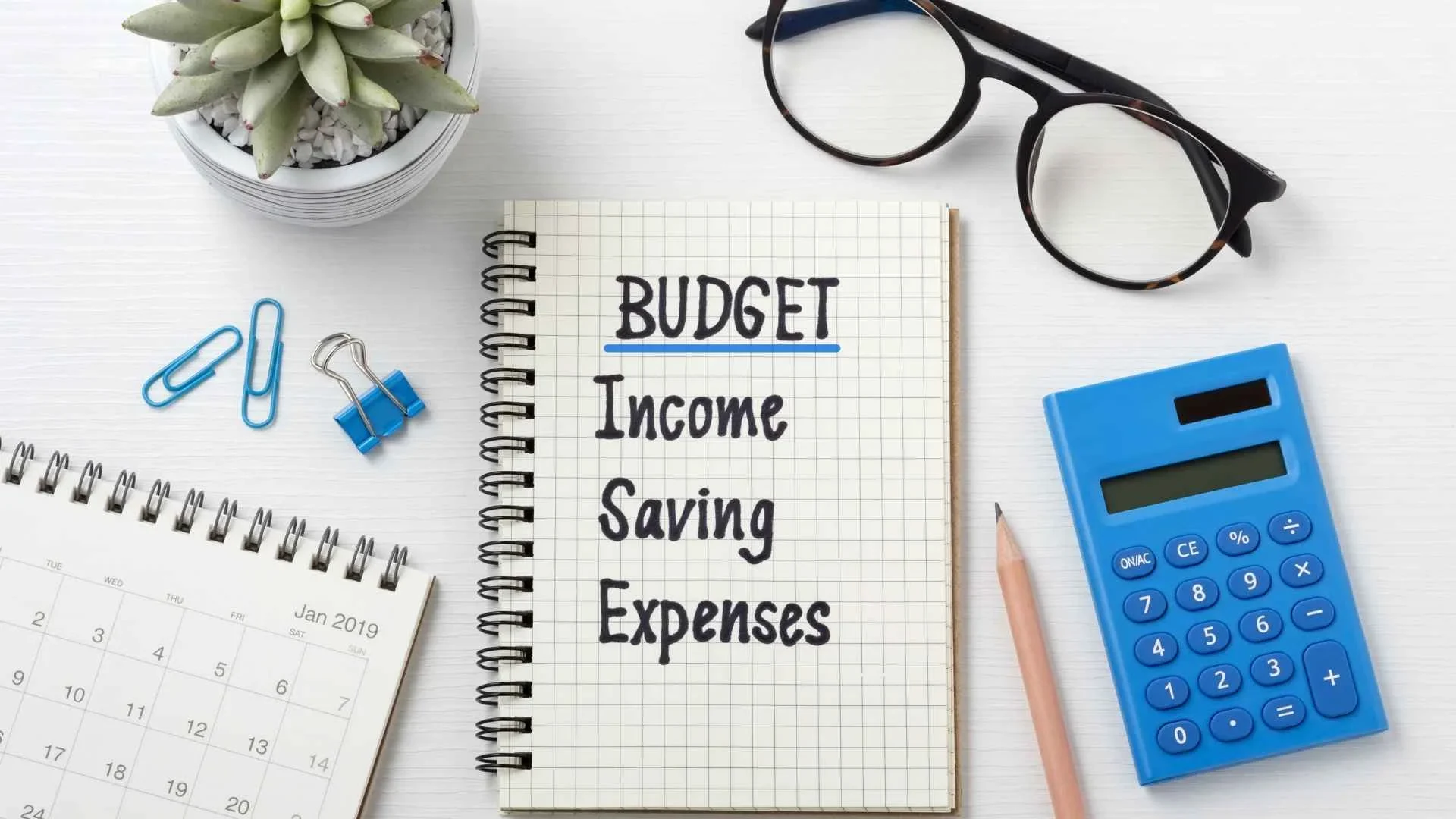Let’s be honest: budgeting sounds like one of those “adulting” tasks we know we should be doing but many of us avoid until we absolutely have to. Whether you’re managing your personal finances, planning an event, or running a small project, the truth remains the same: without a budget, your money can disappear faster than you think.
Budgeting is not just about cutting expenses or being frugal. It’s about having control, setting priorities, and making your money work with purpose. It gives you clarity, reduces stress, and empowers you to make smart decisions.
At FOCN, we believe in practical, real-life budgeting, especially for young professionals, creatives, and entrepreneurs. So here’s your beginner-friendly guide to budgeting the FOCN way.
1. What Is Budgeting?
Budgeting is simply creating a plan for how you’ll spend and save your money. Think of it as a money roadmap. It helps you know what you have, what you need to spend, and what you can save or invest.
Without a budget, you might overspend in one area and end up short where it matters most- like when you’re trying to pay for transport a week before payday.
A solid budget allows you to:
Set financial goals (short-term and long-term)
Avoid unnecessary debt
Make better spending decisions
Track your progress
Plan for emergencies
In short, budgeting is how you stay financially ready, not just reactive.
2. Know Your Income
You can’t make a budget if you don’t know how much money you actually have. Start by identifying all sources of income. This isn’t just about salary. It can include:
Business income from sales or services
Side hustle earnings
Sponsorships, grants, or donations (especially for projects or events)
Pocket money or allowance
Loans (though this should be your last resort)
Your own savings
Knowing your income sets your financial limit. It shows you what you’re working with, so you can plan realistically.
3. Track Your Expenses
Once you know what’s coming in, the next step is knowing what’s going out. Expenses can be grouped into two main categories:
Fixed expenses: These are regular costs that don’t change much, such as rent, electricity bills, subscriptions, or staff salaries.
Variable expenses: These are more flexible and may change month to month- things like food, transport, airtime, or supplies.
Small daily costs like snacks, bank charges, or impulsive purchases can quietly eat into your budget. That’s why it’s important to track every expense, no matter how minor it seems. It adds up.
4. Calculate Your Net Income (Profit)
The goal of budgeting isn’t just to survive- it’s to thrive. You want to end up with more money than you started with.
Use this simple formula:
Income – Expenses = Net Income (Profit)
If the result is positive, congratulations! You’re in the green.
If the result is zero or negative, it’s time to either cut expenses or find ways to increase your income.
This is the number that tells you whether your current habits are sustainable.
5. Build a Project Budget
If you’re running a project like hosting a seminar, starting a small business, or launching a campaign, you need a specific project budget. This ensures that your money is allocated correctly and your project doesn’t run out of cash halfway.
Here’s what to include:
a. Personnel Costs
Anyone working with you should be accounted for- whether it’s a graphic designer, event host, or admin assistant. Even if you’re the only one working, pay yourself for your time.
b. Supplies
These are the materials you’ll need- stationery, equipment, printing, packaging, etc. Always budget a little extra, because last-minute needs always come up.
c. Overhead
These are indirect costs like internet, electricity, or workspace rental. Though they may not be obvious at first, they are vital. Typically, budget about 10–20% of your direct costs here.
d. Travel and Logistics
Include any transport, accommodation, or food expenses. Whether you’re moving around town or shipping materials, don’t ignore this part.
e. Contingency
Set aside 5-10% of your total budget for unforeseen circumstances. A contingency fund can be a lifesaver when things don’t go as planned.
How to Create Your First Budget (Step-by-Step)
Define the purpose- What are you budgeting for? A personal goal, an event, a project? Be specific.
Estimate your income- Be realistic. Use confirmed figures, not potential ones.
List all expenses- Use categories and do research. Get real numbers, not guesses.
Compare income vs. expenses- Is your budget balanced? Adjust as needed.
Track everything consistently- Use tools like Google Sheets, Excel, or budgeting apps.
Final Thoughts
Budgeting isn’t about living a restricted life, it’s about creating a purpose-driven financial plan that works for you. It gives you power over your money, instead of letting your money control you.
Start small. Be honest about your numbers. Track your spending. And most importantly, review your budget regularly to keep it aligned with your goals.
When done right, budgeting becomes a habit that not only saves you stress but opens doors to opportunities you didn’t think you could afford.
Stay Connected with FOCN
Be part of our thriving network of young women leading with confidence and grace.
Join the You Inspire Community Today: WhatsApp
Follow us on:
- Instagram: @focn_leadership_academy
- Facebook: Face Of Congenality Nigeria
- LinkedIn: Face of Congeniality Nigeria
You might also like: 7 Powerful Ways to Master Needs vs. Wants for Better Money Habits






